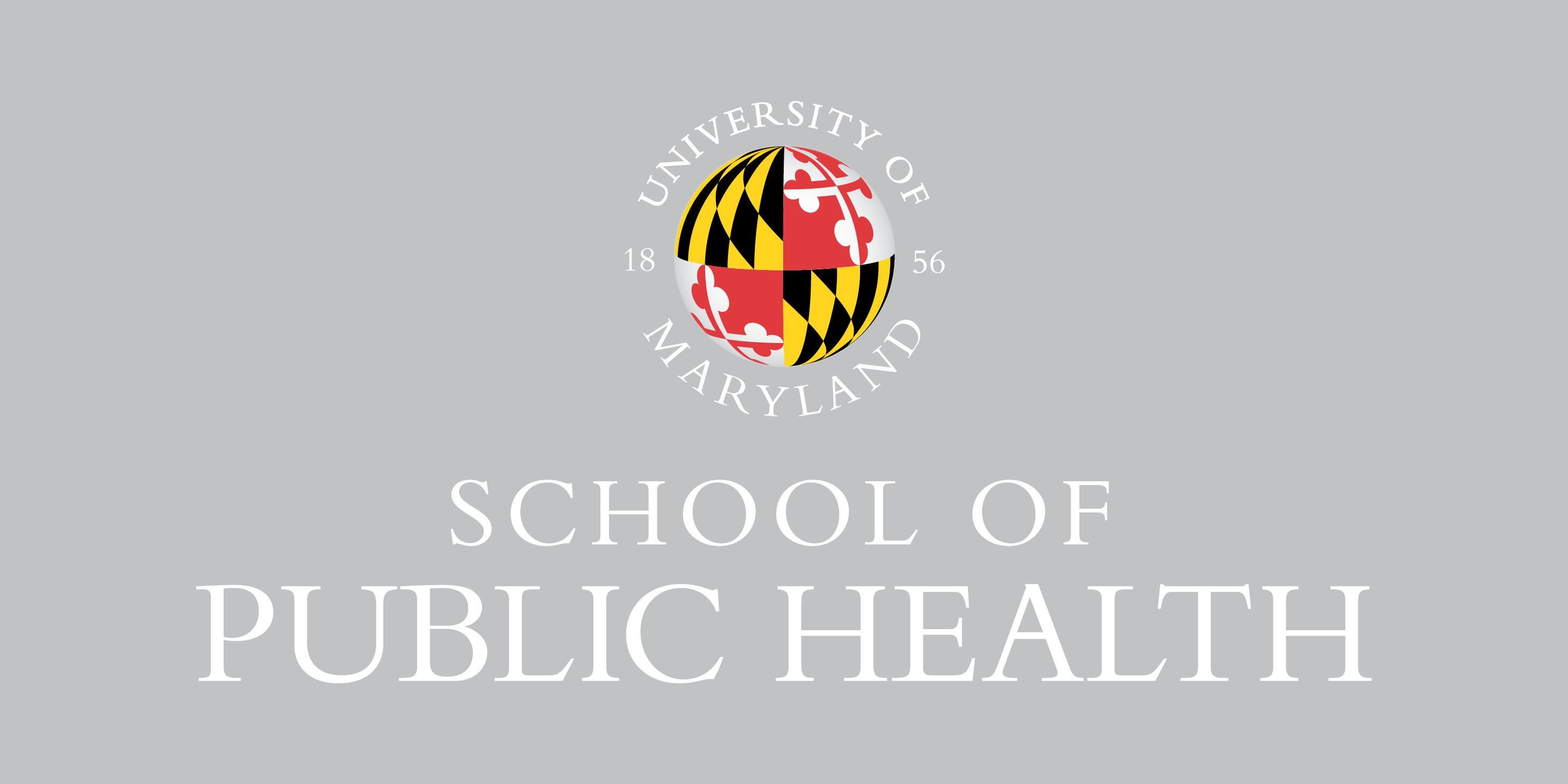
As colleges and universities increasingly recognize the connection between behavioral health and student success, the American Council of Trustees and Alumni (ACTA) has issued a report calling for a new level of awareness and collaborative action by college presidents and trustees to address college student alcohol and drug use.
The publication, titled Addressing College Drinking and Drug Use: A Primer for Trustees, Administrators, and Alumni, is available via free pdf download on ACTA’s website. It will be issued in printed form this month to tens of thousands of college and university trustees, presidents, and agents of higher education change across the U.S.
Jointly authored by Professor Amelia Arria, who directs the University of Maryland School of Public Health’s Center on Young Adult Health and Development, and Greta Wagley, ACTA’s editor and research associate, the report emphasizes that the most effective approaches to college substance use must be tailored to the culture and particular challenges faced by each campus community.
The guide offers examples of successful programs implemented at institutions across the country, including Purdue University, Augsburg University, and California State University, to name a few. The strategies implemented at these schools are based on the extensive research findings and clinical expertise of health professionals and can be applied on many levels of the university—from the classroom to residence halls and campus health centers. Implementing broad environmental-level strategies (e.g., community building, developing and enforcing policies) is a critical component to success.
College substance use takes many forms. Higher education officials face the expanded availability of prescription drugs as well as decreases in the perceived risk of marijuana use. At the same time, the potency of marijuana has dramatically increased and concern is mounting by scientists regarding its association with cognitive impairment and mental health problems. Excessive drinking continues to be a major perennial concern: Across the U.S., more than 1,500 students die from alcohol-related consequences; and hundreds of thousands experience alcohol poisoning and/or non-fatal injuries.
The guide uniquely explores how alcohol and drug use can affect student achievement, revealing that a coordinated substance use prevention strategy will not only work to make the campus a safer and healthier environment but also help students maximize their potential.
Dr. Arria is the co-leader of the Maryland Collaborative and has conducted federally funded research that has focused on substance use and academic achievement. “College leaders have a deeply vested interest in the success of their students,” she says. “They understand that removing substance use as a barrier to success is paramount. This guide will help them align their strategies with the science and strengthen campus initiatives that will improve student outcomes and save lives.”
In November, the guide will set the stage for a conference in Boston, geared toward college trustees, presidents, and senior education leaders tasked with sustaining a campus culture that allows students to thrive. Details about the conference, which will be launched in collaboration with the Mary Christie Foundation and the Hazelden Betty Ford Foundation, will be released in early July.